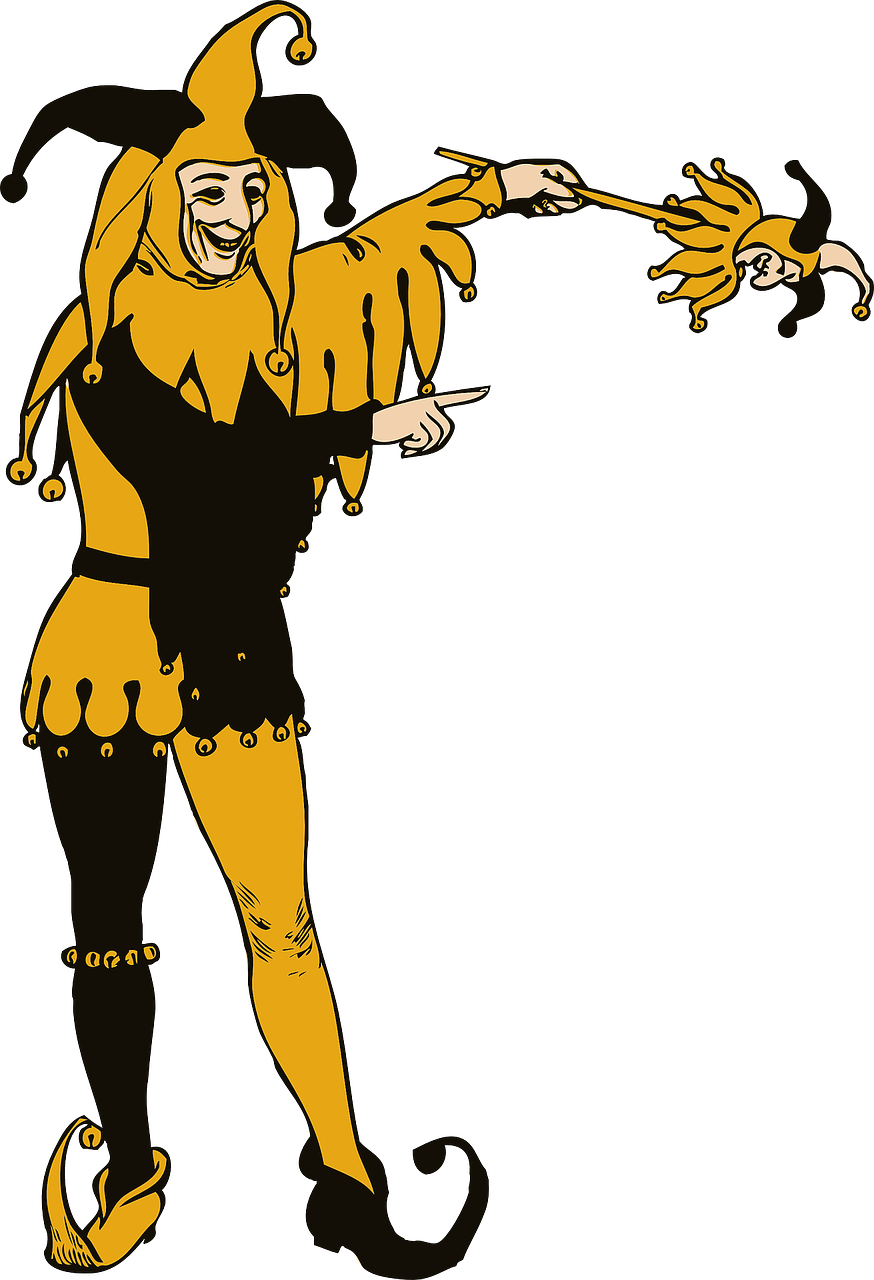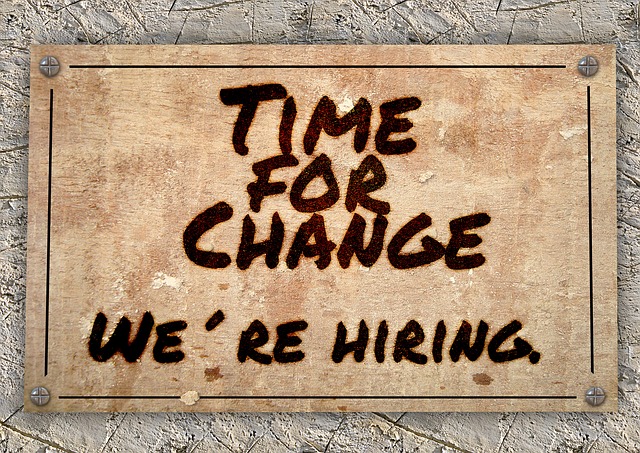Fools, tricksters, iconoclasm, and culture jamming
Have you heard of the Great Wikipedia Hoaxes of 2008 and 2012? They were deliberately instigated by Professor T. Mills Kelly of George Mason University as part of a class exercise. It was a great experiment in information exchange and trust within communities. (Go have a quick read. I’ll wait.)
I’m a big fan of accuracy and am usually one of the first people in a group to check Snopes (which has issues of its own) and other resources. Having been online since the early 90s, back when it was all text-based BBS boards and 56K baud modems – if you were lucky – I think my skepticism has had a chance to develop and expand over the years. I’m not immune from falling prey to some whoppers, but am, perhaps, less likely than the average user.
Two things that struck me when reading about the hoaxes: 1) Why do people continue to believe Wikipedia is a reliable, authoritative source? Do you believe everything your neighbours and colleagues say? These are the same people who can edit Wikipedia! and 2) Redditors are not infallible. See “Why Reddit, 4chan Attempt to ID Boston Marathon Bomber Went Bad” for an example.
There was some upset when both the hoaxes and the professor’s methods were revealed. Personally, I applaud his efforts. It’s one thing to tell people to be skeptical and discerning, another to illustrate the how and why. But then, I am also a fan of iconoclasm and culture jamming.
In 2007, Paul Addis, an attendee of the Burning Man festival, set the eponymous sculpture on fire on the Monday of the event. (It typically happens on Saturday at the end of the week.) I found myself in the minority of people who felt the outrage of this supposedly outside-the-mainstream, lateral-thinking community* to be hilarious. I recall an article on Laughing Squid positing a scenario of the perpetrator, who had been arrested, sitting in a Nevada jail, Group W Bench style, talking with other prisoners. “So, uh, why were you arrested?” “Well, I was at Burning Man and I …burned the Man.” (Even now this is making me laugh.) Yes, our expectations are different from you in the default world. We are so alternative!
I believe culture jammers like Professor Kelley, Banksy, Paul Addis**, even Ladybeard, occupy that important cultural niche of “trickster”. They challenge our complacency and assumptions. Like a monarch’s fool, they have leave to point out uncomfortable truths while the rest of us do our best to fit in and maintain the status quo. I don’t enjoy the suffering of others for the sake of reveling in someone else’s pain. I do, however, appreciate when discomfort leads to growth and self-awareness. If there is delicious, hand-clapping humour apparent in the process, so much the better.
What do you think? In the case of Professor Kelly’s class, did the ends justify the means?
*Disclosure: I have attended two burns and am including myself as part of the community
**He was later arrested on additional arson charges in San Francisco. He died of apparent suicide in 2012. For mere mortals, living the archetype of trickster is not an easy path.




I agree with you, especially when you said “I don’t enjoy the suffering of others for the sake of reveling in someone else’s pain. I do, however, appreciate when discomfort leads to growth and self-awareness”. Indeed I read professor Kelly’s programme for the course, and he specified, for example, the students should not create something related to health, medicine etc., to avoid people with illnesses to be deluded. I think that professor Kelly’s experiments are both interesting (if you see them from the point of view of the scholar who has to understand the power of hoaxes, Internet, communication etc.) and useful, especially if you are one of the too huge amount of people who still “believe” in Wikipedia. In my opinion, university teachers and students have the moral duty to spread their methods to gain knowledge, which are not “well, let’s have a look at the telly”, but “ok, I read/ listened to/… x conferences, y articles and z books on the subject, now I’ starting to understand it, and I can discuss it with the others”…
I don’t know about an external “moral” duty, but I do like accurate information for the sake of counteracting the dumbing down of the populace, myself included. I hate it, for example, when I share something on social media that is later revealed to be fake, a scam, or propaganda. It can be difficult to find objective news sources, what with so many outlets being owned by corporations or people who have an interest in telling a particular story. I’d like everything to be simple and true. I am a bit like Fox Mulder, I think. “I want to believe.”
Actually I don’t mind about the quantity of fake stuff you can find on the internet, as it can be useful, for example, for sociological purposes… And sometimes you can find yourself involved in a treasure hunt, in a spiral of researches just to find a true little piece of information… It’s kinda fun!
But I understand you, especially for the propaganda thing!!!
Reblogged this on Earth Speaks Out and commented:
Keep Running!